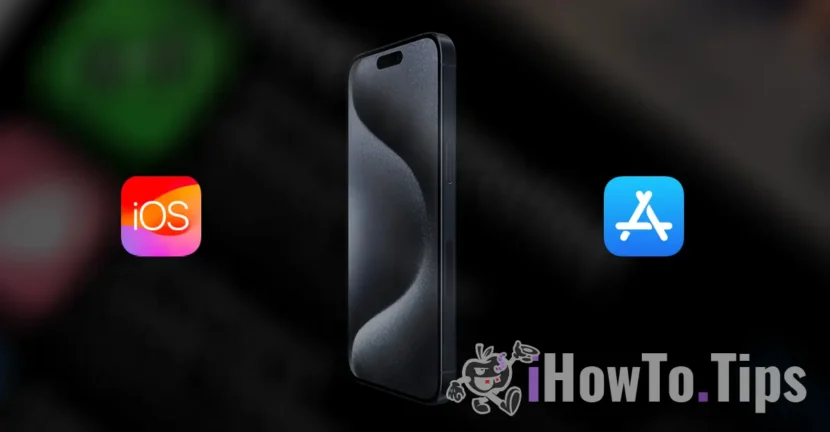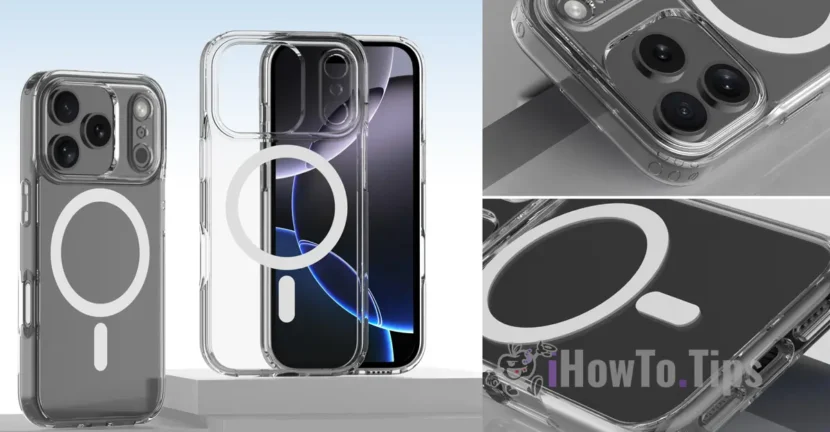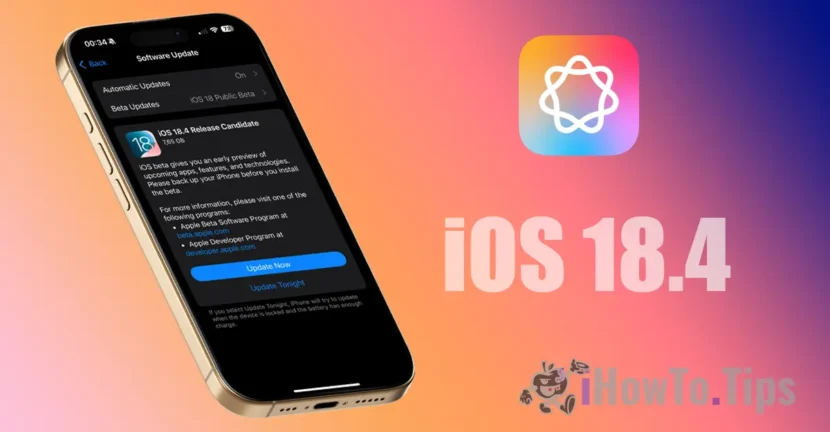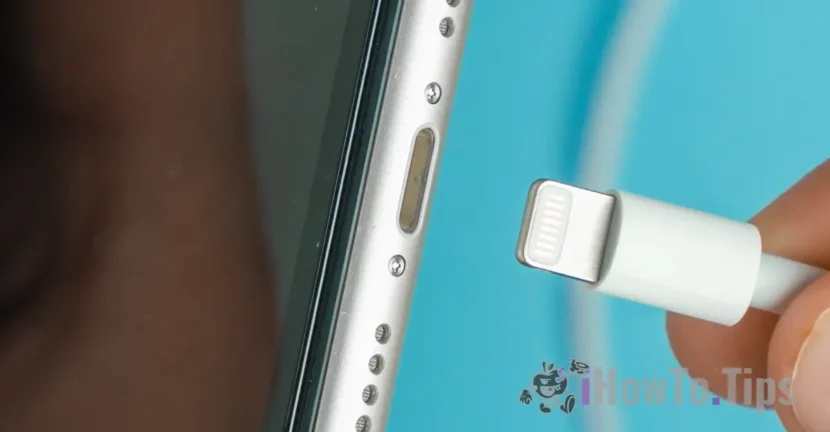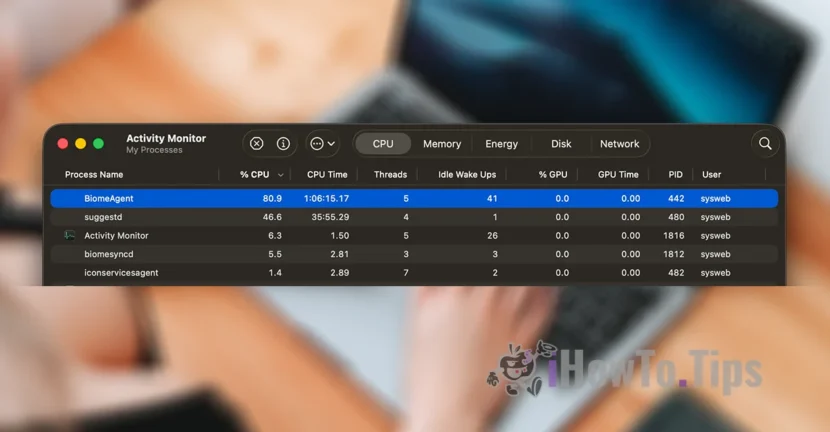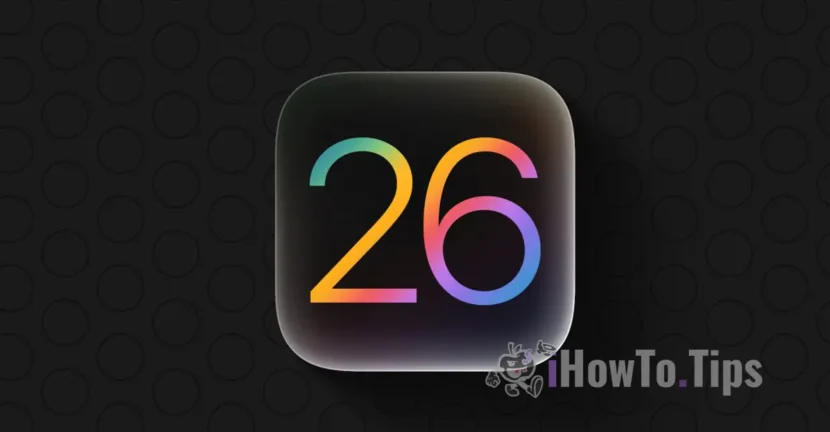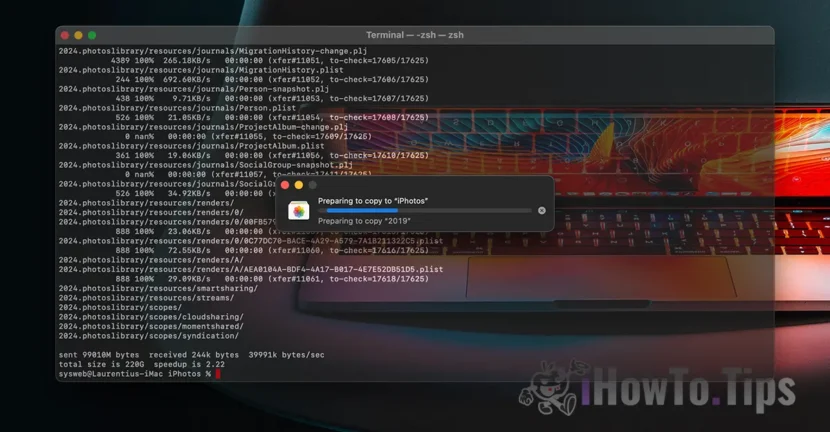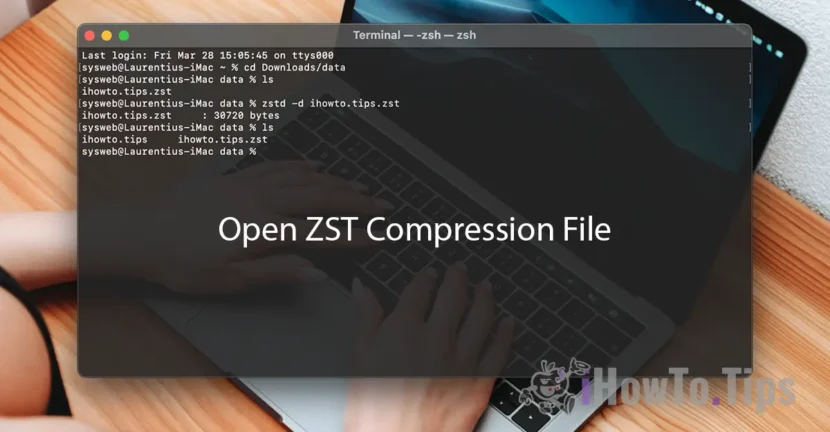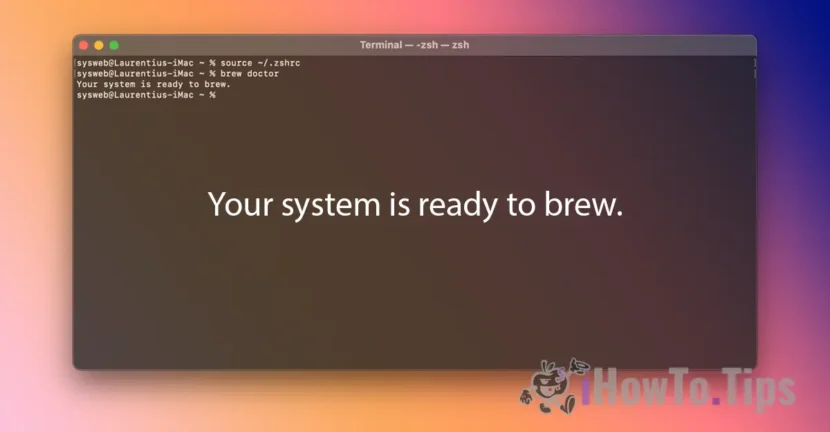Apple launched the first beta version of iOS 17.4 (beta, for developers), in which it made significant changes to users in the European Union. They will be able to be able to install applications on the iPhone and outside the App Store. Therefore, this version marks the opening of iPhone devices to "alternative application markets", allowing developers to provide their iOS applications through these alternative platforms, in order to protect intellectual property.
In other words, the owners of iPhone devices will not depend only on apps and games in the App Store. There will be other "alternative stores" from where games and applications can be downloaded for iOS.
About the introduction of this option had been heard since the beginning of last year, when the first rumors appeared about the new features and options to be introduced on the iOS 17. The article, here.
You will be able to install applications on iPhone and outside the App Store (iOS 17.4)
These changes come before the deadline on March 7, when Apple has to comply with the EU Digital Market Law. Also, this major change in iOS, will only be applied exclusively to iPhone users in the EU. The changes made include the introduction of new options for distributing iOS applications from alternative sources, along with implementing strict validation requirements for all applications, regardless of their distribution method. In this way, Apple can ensure that it can maintain high security standards for iPhone devices.
Each application, regardless of where and how it is distributed, will have to meet the Apple validation requirements. Through this process, the applications will receive an installation key, will go through a series of automatic checks and will go through what Apple describes as a basic human review.
Until users in the European Union can install applications on iPhone from alternative sources (sideloading), alternative app developers must comply with the security and privacy criteria imposed by Apple. The applications available on these platforms will go through a rigorous approval process, before they can be installed by users.
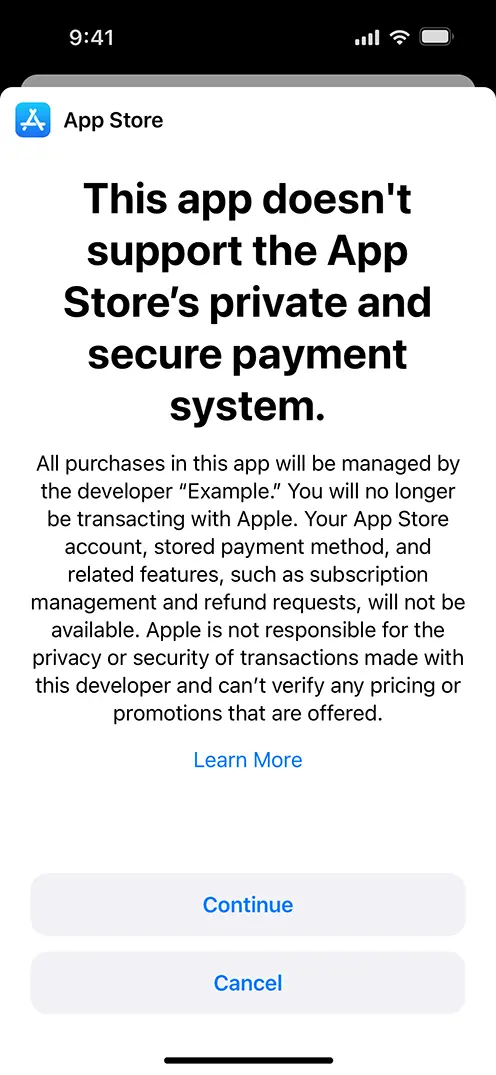
Here's what Apple says it will check this verification process (notarization):
- Accuracy and transparency - applications must correctly represent the developer, capabilities and costs for users.
- Functionality-binary must be revised, lacking in serious bugs or errors and compatible with the current version of iOS. They cannot handle software or hardware in ways that negatively affect the user experience.
- Safety - applications cannot promote physical or public injury.
- Security - applications cannot afford the distribution of suspected or unwanted malware or software. They cannot download the executable code, they cannot read outside the container in which they are installed, they cannot direct users in ways that reduce the security of their system or device. Also, applications must provide transparency and allow the user's consent to allow any part to access the system or device, or reconfigure the system or other software.
Apple will charge a 0% fee for applications distributed outside the App Store, while alternative app developers will have to pay an annual installation fee.
Users will have the opportunity to customize and manage their sources of applications through iOS settings, having the option to choose an implicit market or to eliminate unwanted sources. These announced changes are a significant opening in the Apple ecosystem, offering greater diversity and options for iPhone users in the European Union. However, users should know that for applications bought from other sources, than the App Store, Apple will not provide any guarantee on these purchases and transactions.
It remains to be seen whether this major change, through which users can install applications on iPhone and outside the App Store, will still have a negative impact on devices.
